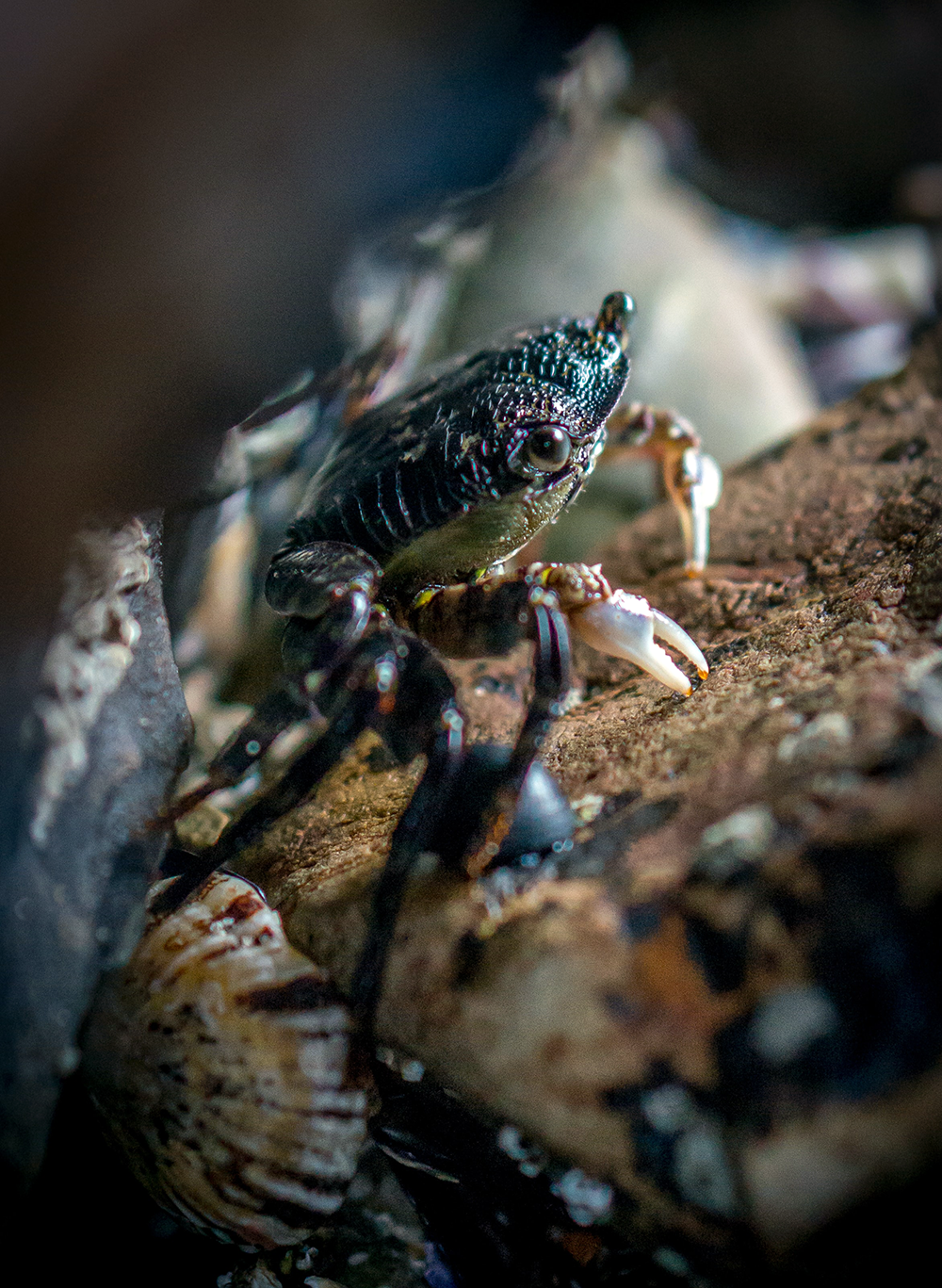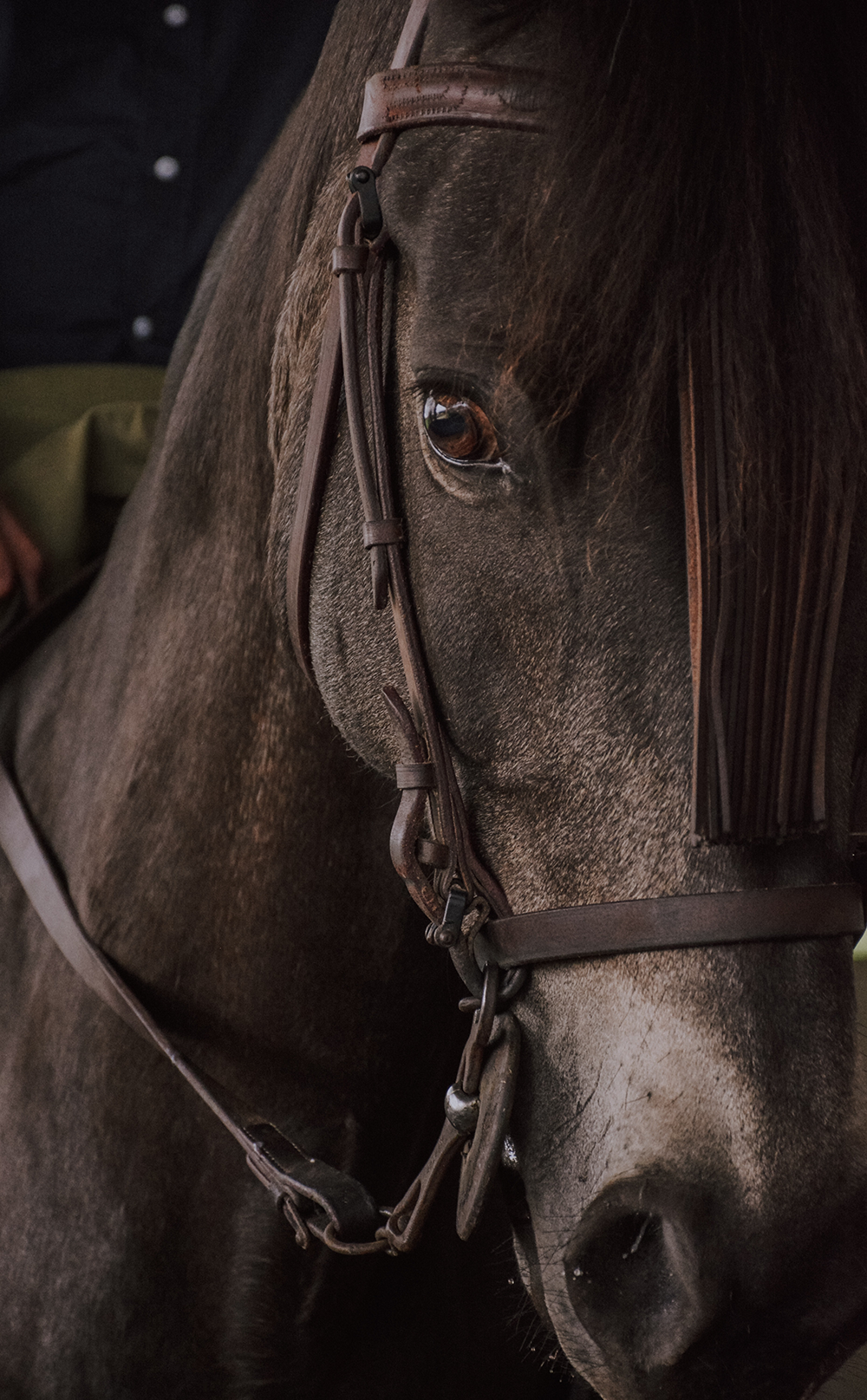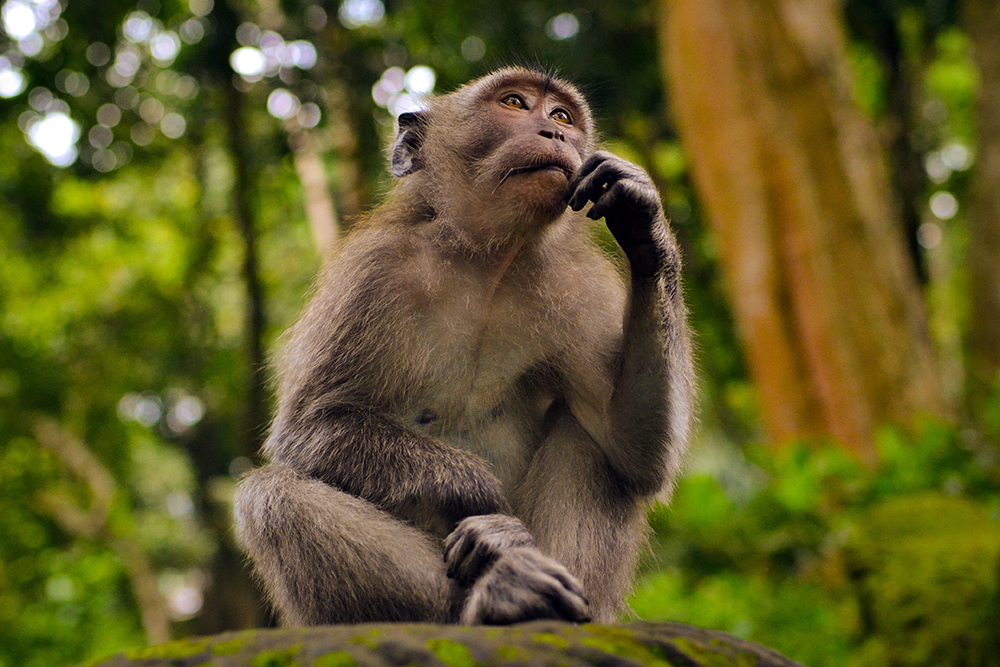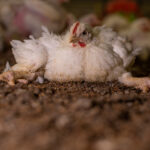In recent months, animal protection organisations have been celebrating the passing of the Animal Welfare (Sentience) Bill. Once the Bill receives Royal Assent, this new piece of UK law will be known as the Animal Welfare (Sentience) Act 2022.
The passage of the Bill is welcomed by Better Deal for Animals, an alliance of 50 of the UK’s leading animal advocacy organisations including the Humane Society International UK, whose Executive Director, Claire Bass, has spoken to Sarx about the Bill.
Claire, who has been spearheading efforts to see animal sentience ratified in UK law, defines sentience as “the ability of animals to have feelings, both positive and negative and experience emotions” and explains that this gives rise to our duty to care.
 Scientific study tells us that vertebrates, mammals, birds, fish, amphibians and reptiles, are sentient and these animals were all included within the original draft of the Bill. Nonetheless, during its passage, the scope of the Bill was extended to include octopuses, crabs and lobsters, largely in response to a report by the London School of Economics. [1]
Scientific study tells us that vertebrates, mammals, birds, fish, amphibians and reptiles, are sentient and these animals were all included within the original draft of the Bill. Nonetheless, during its passage, the scope of the Bill was extended to include octopuses, crabs and lobsters, largely in response to a report by the London School of Economics. [1]
The new law will see the formation of an Animal Sentience Committee which will act as an accountability mechanism to ensure the government pays due regard to animal welfare in policymaking and is empowered to publish reports on its findings.
The passing of the Animal Welfare (Sentience) Bill coincides with the 200th anniversary of the first animal welfare legislation to be passed into UK law. Led by Richard Martin MP, the British Parliament passed the Act to Prevent the Cruel and Improper Treatment of Cattle in 1822.
Richard Martin was among the founder members of the Society for the Prevention of Cruelty to Animals (later to become the RSPCA), the brainchild of the Revd Arthur Broome whose faith convictions inspired him to oppose cruelty to animals through social reform. Broome wrote in 1821:
An Individual who feels for the sufferings of the Brute Species, and laments, in common with every benevolent mind, the wanton cruelties which are so frequently committed with impunity on this unoffending part of God’s Creation, earnestly appeals to the Public in their behalf. He suggests the formation of a Society by whose united exertions some check may, if possible, be applied to an evil, the toleration of which is equally repugnant to the dictates of humanity and to the spirit and precepts of the Christian religion.” [2]
Broome invited various clergy, lawyers and parliamentarians to form the society including famed reformer William Wilberforce (1759-1833), the Revd George Avery Hatch (1757-1837) and the Revd George Bonner (1784–1840).
Whilst is it encouraging that 200 years later, today’s generation of parliamentarians are continuing to pass legislation to protect animals, the Animal Welfare (Sentience) Bill was not without opposition from backbench MPs and within the Lords. Opponents raised concerns that the bill would interfere with the use of animals in areas such as religious slaughter, farming, hunting and fishing and therefore would have a detrimental effect on human rights and freedoms. One Lords peer denounced the bill as “anti-human” during a debate in December 2021[3] and another drew comparisons to Nazi Germany, suggesting that the “the enhanced status of animals in Nazi Germany allowed that regime to reduce and ultimately ignore the rights of human beings, and thus contributed to the Holocaust.”[4] Such comments perhaps suggest a great fear about a loss of freedom. Yet does enhancing the status of animals really necessitate the sacrificing of the human liberty?
Deep within the Christian tradition there is an idea of what true freedom means. Theologians such as St Augustine believed that true freedom is not about being able to do whatever one wants regardless of consequences. Rather he understood freedom as the liberation from all that is binding; set free from all the compulsions that compel us to live in a way that goes against our deepest being and true identity. Augustine wrote:
A good man, though a slave, is free; the wicked, though he reigns, is a slave, and not the slaver of a single man – what is worse – the slave of as many masters as he has vices.”[5]
If the freedom God wants to gift us is the freedom to be our true selves, how are we to become our true selves? Christ’s foundational teachings to love God and our neighbour, together with His life of service to the needy, offers a framework of what it means to live a good live. It was through a life of service to the other that Christ demonstrated how one might embrace our true identity and therefore our fullest freedoms.
 With our sense of personal freedom intimately entwined with how we treat the other, could it be argued that animal advocacy is a form of human advocacy? Claire Bass rightly points out “I can only see that it boosts our humanity to use our compassion for animals. It is only to the credit of those in power to use their power to benefit those without power.”
With our sense of personal freedom intimately entwined with how we treat the other, could it be argued that animal advocacy is a form of human advocacy? Claire Bass rightly points out “I can only see that it boosts our humanity to use our compassion for animals. It is only to the credit of those in power to use their power to benefit those without power.”
The movie Amazing Grace tells the story of William Wilberforce who led the movement to abolish the slave trade in the UK. In the opening scene, Wilberforce stops his horse and cart, disembarks, and reprimands a fellow-traveller who is beating his downed horse. Improving the welfare of animals such as horses, especially urban working horses, was a major concern among the founder members of the Society for the Prevention of Cruelty to Animals. To this day, the American Society for the Prevention of Cruelty to Animals (ASPCA) uses as its seal the image of an angel intervening on behalf of a downed cart-horse who is being beaten with a rod.
This opening scene illustrates how Wilberforce who fought to abolish human slavery, also had a tremendous concern for animals. For him, the Gospel message of love and compassion should be widened as far possible to embrace all in need. To set limits on who is worthy of love, is to set limits on one’s own humanity.
The new Animal Sentience Committee’s role of ensuring that animal sentience is properly taken into account in both new and existing Government policy is one which continues a proud tradition of animal advocacy. Claire is optimistic “I hope it is a stepping stone, in our long journey of animal protection, towards the application of more direct rights being afforded to animals in our laws. Their needs and interests should have legal representation.” Let us pray both for the committee, and the continued work of animal advocates such as Claire and the Better Deal for Animals alliance, because their service is of great importance to humans and animals alike. For it is in the service of its most vulnerable, that wider society finds its enrichment and liberty.
Claire Bass is the Executive Director of the Humane Society International UK . For more information about Claire’s work, read her full profile on the HSI website.
[1] Octopuses, crabs and lobsters to be recognised as sentient beings under UK law following LSE report findings https://www.lse.ac.uk/News/Latest-news-from-LSE/2021/k-November-21/Octopuses-crabs-and-lobsters-welfare-protection
[2] “The Brute Species”. “Notice” in Morning Post, 17 February 1821, p 3. Similarly see “Cruelty to Animals” The Sporting Magazine, Vol. VIII New Series No. XLIII (April 1821), p 33.
[3] Hansard. Animal Welfare (Sentience) Bill [HL] Volume 817: debated on Monday 13 December 2021. https://hansard.parliament.uk/Lords/2021-12-13/debates/E2CAE469-DF73-4F0D-BE7D-7E1229E3B07D/details
[4] Hansard. Animal Welfare (Sentience) Bill [HL] Volume 813: debated on Tuesday 6 July 2021. https://hansard.parliament.uk/lords/2021-07-06/debates/B8CBC730-DC86-4D6C-B915-C145CF158B80/AnimalWelfare(Sentience)Bill(HL)
[5] St Augustine of Hippo, City of God, 2009 (first published 426) Hendrickson Press.




